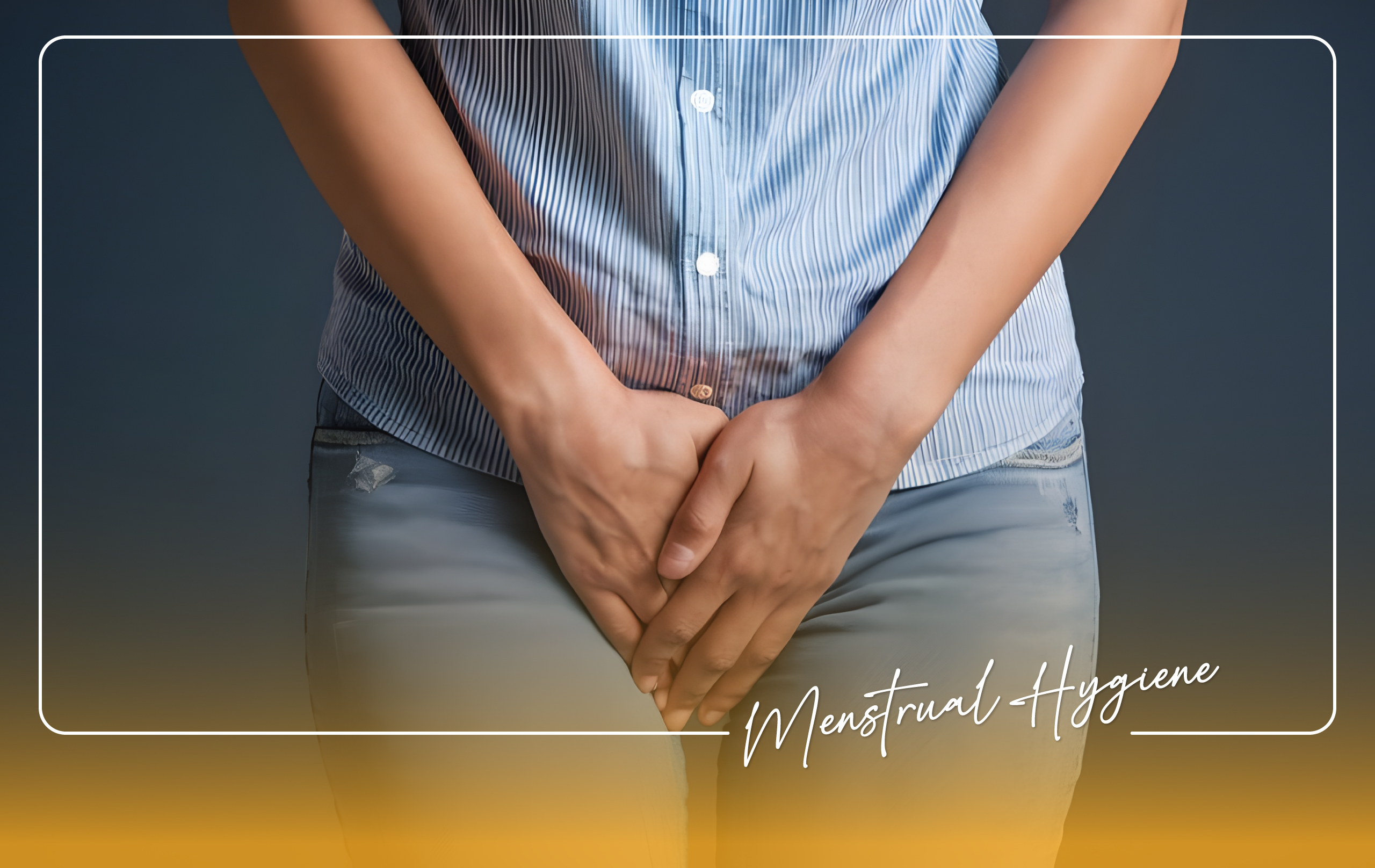
For generations, menstruation—a normal occurrence for everybody labeled female at birth—has been wrapped in shame and embarrassment. Despite having lived through the Stone Age, the Industrial Age, and the current Technological Age for a considerable amount of time, we were still embarrassed to discuss periods. You can feel more confident about your period by learning how to get over your fear and begin to work toward removing the barrier that prevents you from discussing periods openly.
What is period shaming?
Negative attitudes, ideas, and behaviors that prevent someone from sharing their menstrual experience are referred to as period shaming. This embarrassment prevents you from engaging in daily activities and forces you to stop speaking with people as though you were on a secret mission.
Listen up! Periodism is a worldwide problem rather than an unpopular subject in any culture or area. To put it simply, periods are viewed as an impurity and an embarrassing subject in many cultures. Because of this, most people will say, "Oh, don't say that aloud."
However, this barrier still exists in the media, schools, and businesses. We lock ourselves down every month as a result of the Great Barrier.
The Origins of Period Shaming: An Overview
It started in the beginning when even women thought that menstruation may bring bad luck, illness, or even death. Even if truth fuels these frozen beliefs, they will never become liquid.
Many religious individuals think that women who menstruate should be kept alone in a small room or hut or are not allowed inside a temple. "When are they going to stop doing this?" is another question you can have.
The judgment is brought on by a lack of knowledge, awareness, or resources in the community. Because of this, menstruating individuals frequently hesitate to discuss their periods, even with those they trust.
Period Shaming's Effect on Health
Even with healthcare providers, those who undergo period shaming can hold back from discussing their menstrual health. Numerous health problems, some of which are listed below, may result from this:
1. Inadequate Menstrual Care:
The first result of ignoring your periods is infection, which is caused by poor menstrual hygiene. You won't bring sanitary napkins with you, or you could feel embarrassed to change the pads often because periods are perceived as a sensitive topic.
The harsh reality is that certain cultures utilize old rags, leaves, or clothing as menstruation products because they are not readily available. These practices not only increase the risk of infection but also give another chance to continue, making periods an embarrassing subject.
Urinary tract infections (UTIs) and bacterial vaginosis might occur if you don't take care of your health. Serious health issues, including infertility in extreme circumstances, can result from these infections if treatment is not received. Get out of your comfort zone and talk about your issues.
2. Delayed Diagnosis of Menstrual Health Conditions
You develop serious illnesses when you're embarrassed to talk about your issues. For example, endometriosis, fibroids, or polycystic ovarian syndrome (PCOS) may be confirmed by heavy monthly bleeding, severe pain, or irregular cycles.
Because there are so few conversations regarding menstruation, some people might not even be aware that their symptoms are abnormal.
3. Effect on Mental Health
Mental health can also be greatly influenced by the stigma and shame linked to menstruation. Anxiety, depression, or low self-esteem may be experienced by those who feel ashamed or uncomfortable about their periods. In the end, they isolate themselves.
Many people hate their bodies as a result of this. People can go to great lengths to hide their periods, skipping work, school, and social situations during their periods. At this point, you might be thinking, "OMG—I promise, I'll look after myself."
The Global Menstrual Hygiene Crisis
Globally, however, menstruation is viewed as an inconvenient topic. Menstrual products were unavailable in many low- and middle-income nations. Lack of understanding and resources about the period sometimes worsens period shame in these areas, making it even harder for people to safely and hygienically manage their periods.
Approximately 500 million individuals worldwide lack access to proper menstrual hygiene facilities, such as clean water, private restrooms, or sanitary products, according to a UNICEF report from 2021. People are forced to engage in unsanitary behaviors or pass up valuable opportunities, like education, as a result of this lack of access and period of shame.
Advocacy and Education as Remedies
The most effective way to break period shaming and its impact on menstrual hygiene and health is through education, by pushing away the wrong beliefs. Here are some strategies to solve the issue:
1. Comprehensive Education on Menstrual Health
Since education is essential to advancing in life. This education should be gender-inclusive, ensuring that everyone—regardless of their gender—understands what menstruation is and how it works. Menstrual health should be covered in school curricula, and parents should feel comfortable discussing periods openly with their kids from a young age.
This will help them adopt periods as a common topic. Myths and misconceptions regarding menstruation can also be addressed in education to assist people in understanding that periods are not a difficult topic.
2. Access to Menstrual Products and Facilities
Making sure that all women have access to menstruation supplies is further essential. Particularly in low-income communities, governments, non-governmental organizations, and private businesses might collaborate to offer menstruation goods for free or at a reduced cost. Clean, private restrooms with menstrual product disposal facilities should be available in public areas, educational institutions, and workplaces.
Many are trying to remove the so-called "tampon tax" and lower the cost of menstruation products for everyone in nations where they are taxed as luxury goods. Having access to period hygiene is a basic human right, not a luxury.
3. Promoting Menstrual Health in Media
Nowadays, most people spend two hours a day on social media. The public's views can be greatly influenced by how menstruation is described in the media. Menstrual product advertisements frequently hide the reality of menstruation by using blue liquid to symbolize blood.
Fighting period shaming can be facilitated by normalizing periods in media, such as TV series, films, advertisements, and social media campaigns. The open and honest discussion about menstruation in public settings conveys the message that there is no cause for embarrassment. "I'm pretty cool with periods, except when I got cramps," is what you should think.
The Role of Men in Ending Period Shaming
While period shaming primarily affects those who menstruate, men and boys have an important role to play in ending the barrier. When men are educated about menstruation and support open discussions about it, they help create a culture in which menstruation is seen as normal and not something to be hidden.
Men can also be supportive ones for menstrual health by supporting policies that promote access to menstrual products, participating in conversations about menstrual equity, and challenging the stigma when they see it.
By normalizing conversations about menstruation and ensuring that everyone has the tools they need to manage their menstrual health, we can create a future where period shaming is a thing of the past—and menstruation is simply seen for what it is: a natural part of life.




